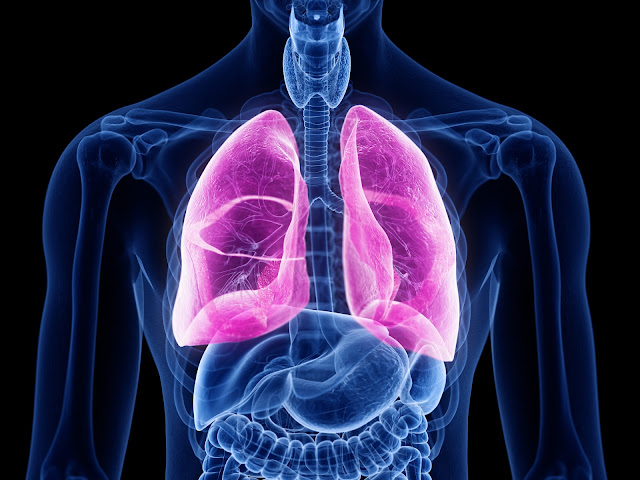Rehabilitation Strategies for Idiopathic Pulmonary Fibrosis: Enhancing Treatment Outcomes
Idiopathic Pulmonary Fibrosis (IPF) is a chronic and progressive lung disease characterized by the scarring of lung tissue. It leads to a decline in lung function, reduced exercise capacity, and a significant impact on the quality of life of affected individuals. While there is no cure for IPF, rehabilitation strategies play a crucial role in enhancing treatment outcomes and improving the overall well-being of patients.
Pulmonary rehabilitation is a comprehensive program that combines exercise training, education, and psychosocial support to optimize lung function, reduce symptoms, and enhance physical and mental health. Here are some key rehabilitation strategies that can significantly benefit individuals with IPF:
Exercise Training: Regular physical activity is essential for maintaining muscle strength, improving cardiovascular fitness, and enhancing overall endurance. Exercise programs tailored to the individual's abilities and limitations can include aerobic exercises, strength training, and breathing exercises. These activities help to optimize lung capacity, increase exercise tolerance, and improve overall physical function.
The Idiopathic Pulmonary Fibrosis Market is anticipated to reach US$ 3,853.6 million in 2022 and grow at a CAGR of 8.7% from that year through 2030.
Education and Self-Management: Education plays a crucial role in empowering individuals with IPF to manage their condition effectively. Rehabilitation programs provide education on the disease process, breathing techniques, energy conservation strategies, medication management, and self-care practices. Patients learn how to recognize and manage exacerbations, monitor symptoms, and make informed decisions about their health.
Psychological Support: IPF can have a significant impact on an individual's mental health due to the chronic and progressive nature of the disease. Rehabilitation programs offer psychological support through counseling, support groups, and mindfulness-based techniques. Addressing anxiety, depression, and stress can improve the overall well-being and quality of life of patients.
Nutritional Support: Maintaining a healthy and balanced diet is important for individuals with IPF. Rehabilitation programs may involve working with a registered dietitian to develop a nutrition plan that supports optimal energy levels, muscle function, and overall health. Adequate nutrition can help in managing weight loss, preventing malnutrition, and supporting the body's healing process.
Oxygen Therapy: In advanced stages of Idiopathic Pulmonary Fibrosis, supplemental oxygen may be required to alleviate breathlessness and improve exercise capacity. Rehabilitation programs can provide guidance on the proper use of oxygen therapy, including training on oxygen equipment and monitoring oxygen saturation levels during physical activity.
Palliative Care and End-of-Life Support: For individuals with advanced IPF who may be nearing the end of life, palliative care plays a vital role. Rehabilitation programs can facilitate access to palliative care services, ensuring that patients receive appropriate symptom management, psychosocial support, and assistance with advance care planning.
By incorporating these rehabilitation strategies into the treatment plan, individuals with Idiopathic Pulmonary Fibrosis can experience improved quality of life, increased functional ability, and enhanced overall well-being. It is important for healthcare providers, including pulmonologists, physiotherapists, and other members of the healthcare team, to work together to develop personalized rehabilitation programs that meet the unique needs of each individual with IPF.



Comments
Post a Comment